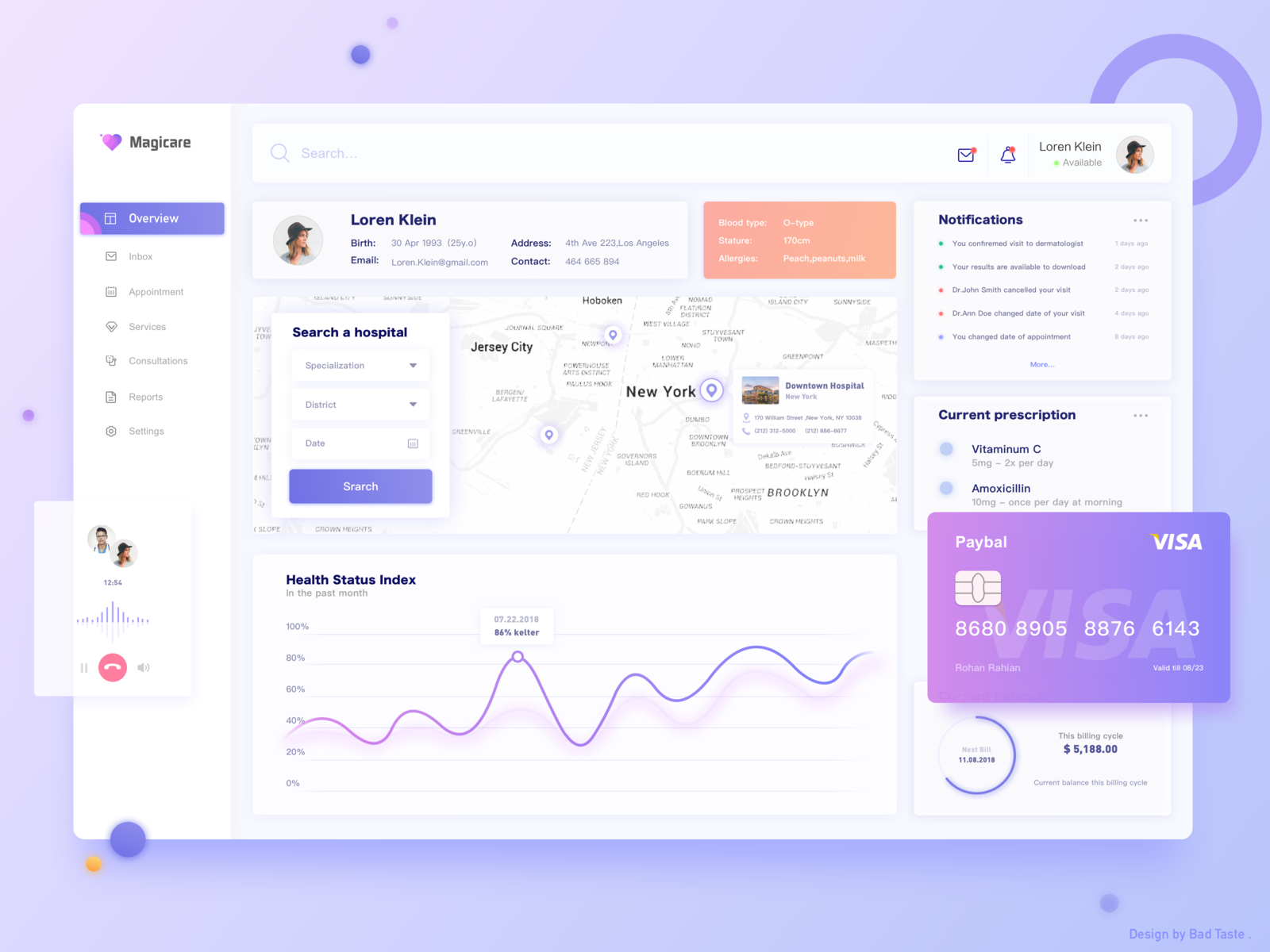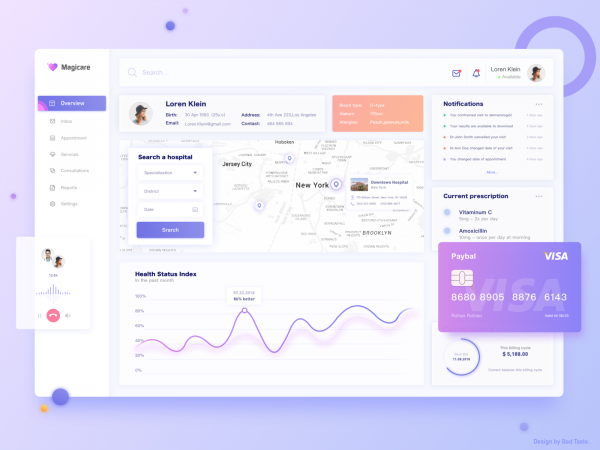Building a successful medtech company relies on deploying great innovations. It might as well require you to build something that becomes a one-stop-shop for everything medical. The MedTech sector is the future of medicine and health. And as the name sounds, MedTech is the combination of “Medicine” and “Technology”. The New Public Health defines Medical technology as the application of science to develop solutions to health problems or issues such as the prevention or delay of onset of diseases or the promotion and monitoring of good health.
Read more about Tech
The MedTech industry is worth $500 million. However, it can be expensive to set up a MedTech. There are sophisticated medical technology companies or health centres which might be expensive to start. Such medical technology setups include the use of products such as pacemakers, imaging instruments, dialysis machines, implants, etc. Nevertheless, there are less-sophisticated MedTech companies that are cheaper to set up but profitable in the long run. These MedTechs largely run on software and smaller devices that are compact and mobile. In this article, I discuss four innovations you deploy in creating a cheaper MedTech company.
-
Engage In Q-Commerce
Today, the advent of q-commerce has remained a game-changer for many industries. For starters, q-commerce is known as “quick commerce”. Wikipedia states that this is a type of e-commerce where the emphasis is on quick deliveries, typically in less than an hour. Historically, q-commerce began with food delivery and still dominates the q-commerce sector. However, it has been adopted into several industries such as grocery delivery, medicines, gifts, apparel etc. The outbreak of COVID saw the sporadic adoption of Q-Commerce in various sectors.
Sign up for the Connect Nigeria daily newsletter
MedTech companies in Nigeria can adopt Q-Commerce for quick delivery of drugs, blood, and total healthcare services. For instance, Q-commerce can help MedTechs in emergency cases. The use of mini-vans and motorcycles is a good way to go for MedTechs. With a MedTech app, users can access full home service in the healthcare industry.
-
Incorporate Wearables
Wearables are another innovation medical startups can adopt to maximize their output and build larger profits. With wearables, users can watch their health and as well reach out MedTechs startups for medical attention. It is one of the cheaper technologies you can incorporate into your MedTech business. It doesn’t have to be sophisticated. Wearable technology in healthcare includes electronic devices that consumers can wear, like Fitbits and smartwatches, and are designed to collect data on users’ health and exercise. Having a customized and branded wearable that customers can access can boost the brand image of your MedTech startup.
-
Digital Consulting And Advisory
Creating a software app that is powered by Artificial Intelligence and Machine Learning that users can use to diagnose health problems and receive solutions is another innovation you can incorporate into your medical business.
Register to attend the Connect Nigeria Business Mixer
For example, a user can access health tips, diagnose symptoms, receive health guidelines, get drug recommendations, and so on through MedTech software can boost your MedTech company. Imagine if your MedTech software app is a one-stop shop for everything health, including receiving one-on-one medical attention with a medical doctor or placing a directory platform where users can receive information on where to go for surgery or treatment for serious illness in a location near them.
-
Drug Verification And Authentication
Another innovation you can incorporate into your MedTech is drug authentication and verification. In this age of fake products, building a product authentication technology solution that protects shoppers from buying fake products and connects manufacturers directly to their consumers is certainly a good innovation to adopt.
Closing Remarks
This article has shown that starting and running a MedTech startup mustn’t be too sophisticated and expensive to set up if you simply adopt simpler technologies that work with software. We looked at various innovations that can be adopted through the use of software such as q-commerce, which can help medical practitioners offer users quick access to medical services. Also, the adoptions of wearables are products medical practitioners can sell to customers, who can through these wearables access data concerning users’ health. Other innovations include digital consulting and drug authentication software.
Featured Image Source: Pinterest
Got a suggestion? Contact us: [email protected]


